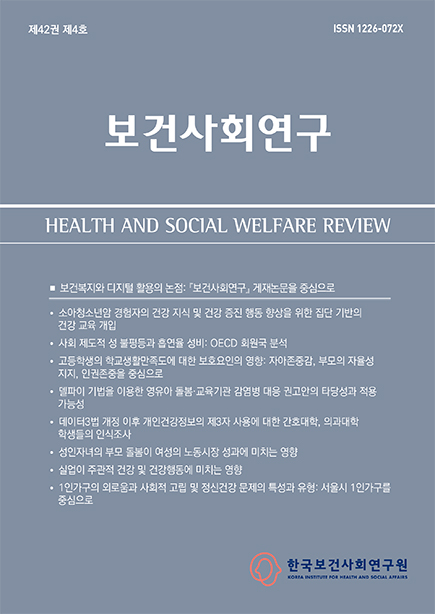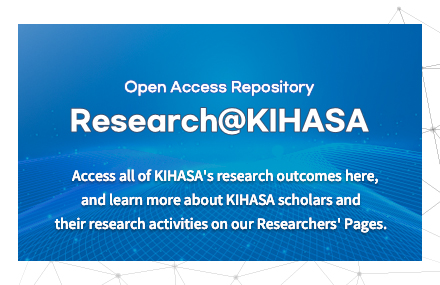This study aims to project the distributional outcomes of social security, taking into account the performance of national health insurance. Using KIHASA Microsimulation model (‘KIHASA SIM’), we analyzed the redistributive effects of the national pension and health insurance systems.
The findings are as follows. First, The government's pension reform proposal, which increases both the contribution rate and the income replacement rate, with a relatively larger increase in the income replacement rate, is expected to worsen income redistribution.
Second, increasing efficiency of the public healthcare system is slightly more favorable to high-income earners, whereas enhancing equity is relatively more advantageous for low-income groups. However, the increase in net pension benefits resulting from improved equity in health insurance was slightly larger for high-income groups. This could be attributed to the lower pension receipt rates among low-income individuals or suggest that, superficial changes in cost-sharing and benefit design alone may have limited effects in redistribution if health disparities by income level are not mitigated at earlier stages of disease onset.
Third, efficiency of public health spending is a key factor influencing net benefits. Differences in efficiency between public and private expenditures act as a mediating factor in determining net benefits through the national healthcare system, thereby creating disparities across income groups. It is important to note that when both equity and efficiency are improved simultaneously, the total net benefits tend to increase, contributing significantly to reducing disparities.




























